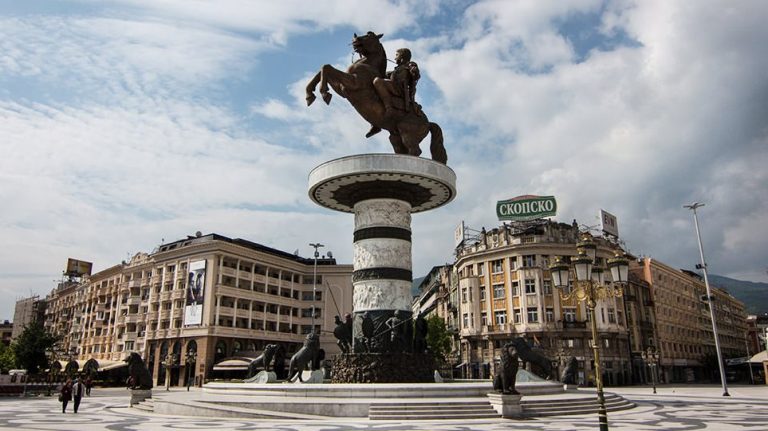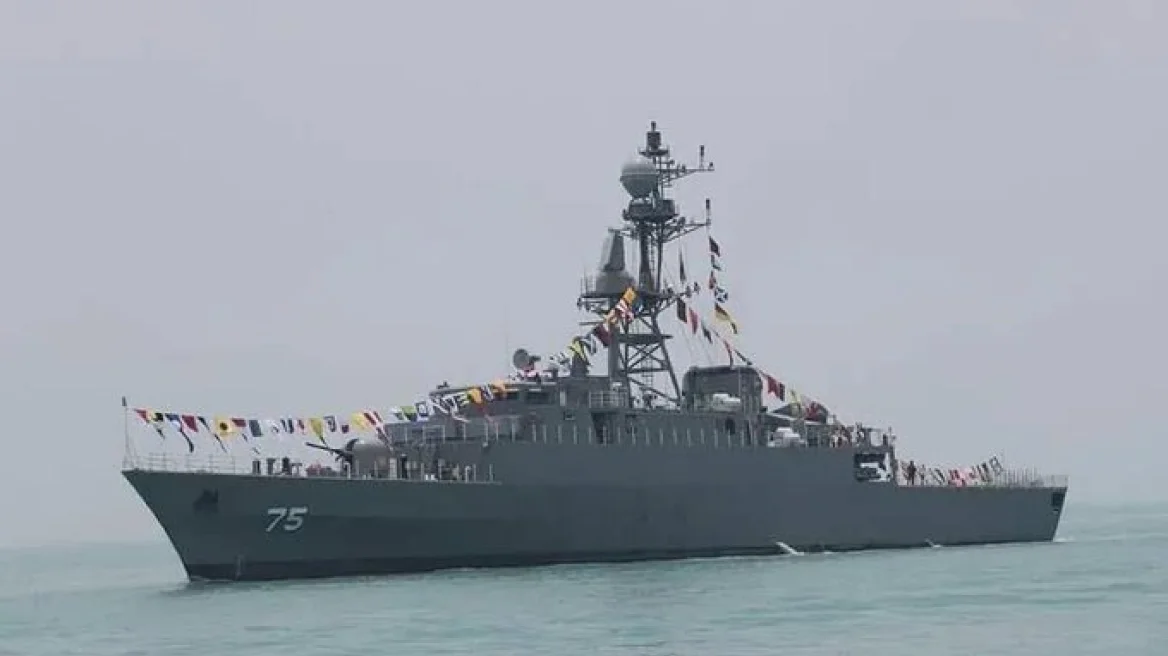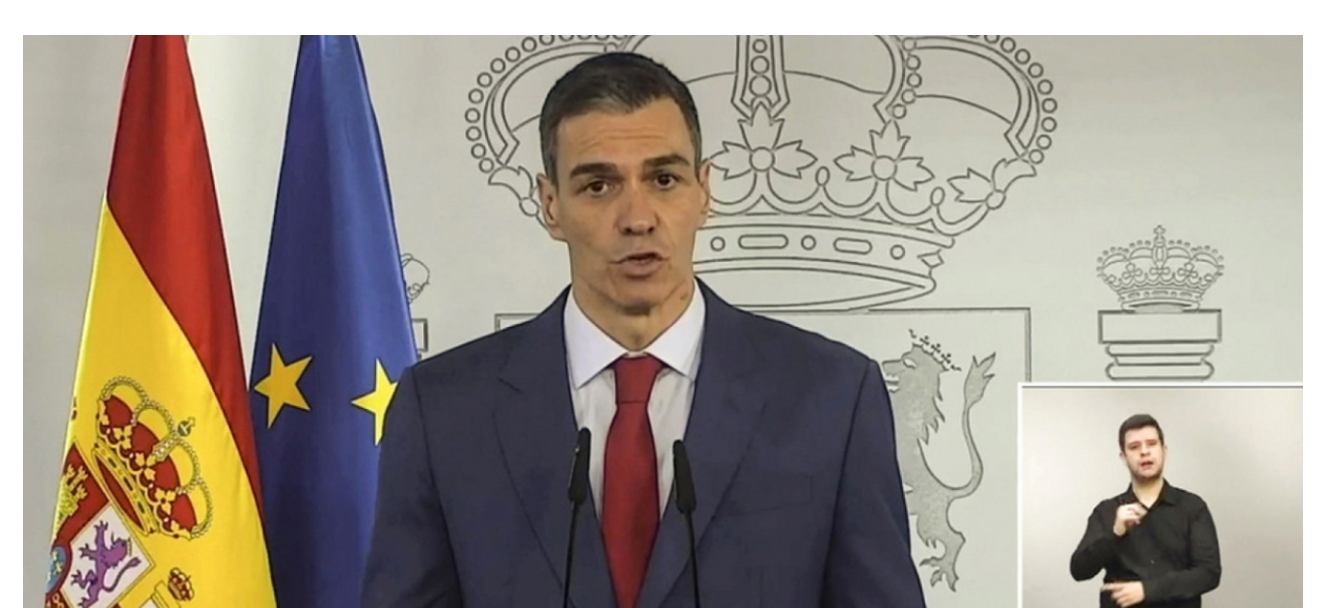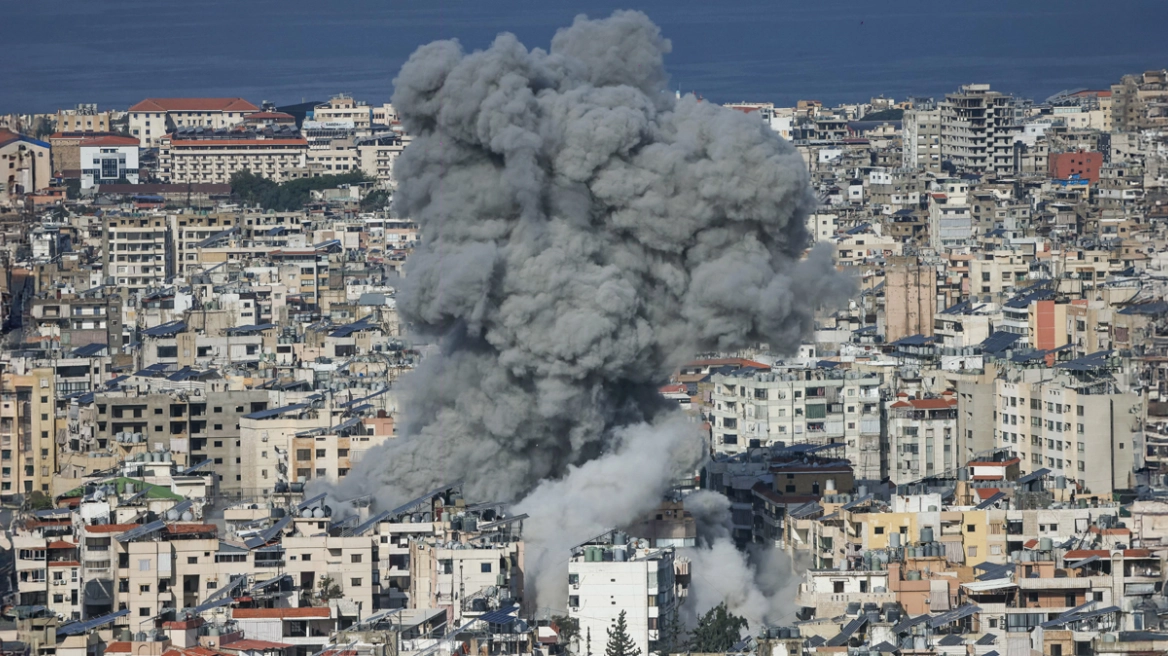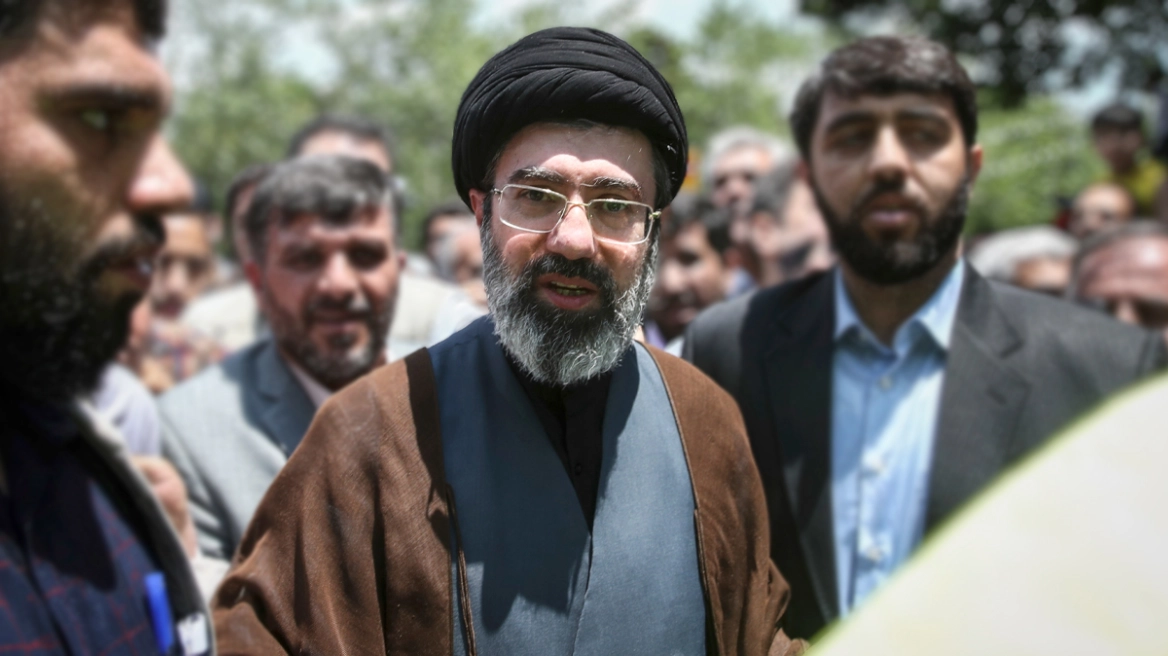Politico news site publishes an analysis on the volatile region of the Balkans and the significance of the geopolitical area with the powers vying to gain influence. In the piece, entitled “The Coming Wars”, author Bruno Macaes explores the frontlines of the future claiming the Balkans is not only the theatre of confrontation between Russia and the West, but China has entered the fray with own geopolitical interests.
It’s a typical morning in Skopje, the capital of Macedonia or, as the country will likely soon be known, North Macedonia.
I wake up in the sleeping chambers of a galleon docked in the Vardar River — a nod to European imperialism in this city of architectural marvels — and remove the chair I had propped up against the door the night before. At the reception someone quips: “Do not be fooled. This may look like a hotel, but when the time arrives, we sail down the Vardar and conquer Greece.”
Just outside stands the Bridge of Civilizations with its endless statues to all the heroes — real and invented — of Macedonian history. Then the main square with its giant statue of Alexander. And then the hotel where I am meeting Janko Bacev, the president of the small United Macedonia party, the only openly pro-Russian party in the country.
Bacev is fighting against the proposed name change for the country. Together with other small parties, United Macedonia will boycott the referendum scheduled for September 30, but Bacev is ready to do much more. He is close to Aleksandr Dugin, the Russian philosopher and propagandist known for his ties with every reactionary movement in Europe.
Bacev’s bodyguard, sitting next to him, tells me that when the party brought Dugin to give a talk in Skopje, the Russian was asked how his countrymen would respond to the suggestion of changing Russia’s name. We would kill, he answered.
The name change is important because it opens the way for Macedonia’s membership in both NATO and the European Union, overcoming Greece’s objections to the use of a toponym it considers its own. The recent agreementbetween the two governments leaves us tantalizingly close to that outcome, provided the voters in the referendum are convinced.
Brussels wants to turn Macedonia into a normal country. Russia also has an interest in the outcome of the referendum. To lose Montenegro — the small Balkan nation joined NATO in 2017 — might be deemed a misfortune. To lose both Montenegro and Macedonia would look like carelessness.
read more at politico.eu
Ask me anything
Explore related questions
